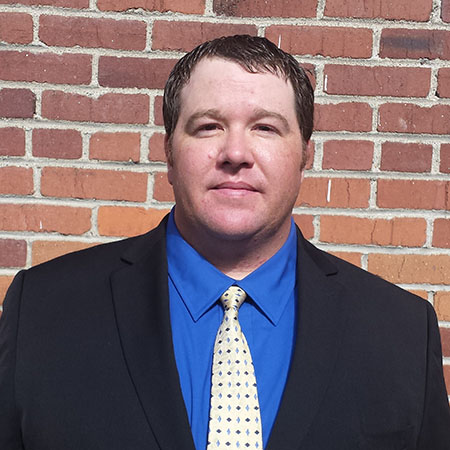
Jason Henkle
Fostering Scholars Graduate Assistant
Programming Areas:
Fostering Scholars Grant Writer
Pronouns:
All
Places I have called home:
Northern and Southern Nevada
Favorite Quote:
responsibility to try it. Ya know, we can’t all dance and sing and paint and have math in our heads. So, wherever you’ve got that gift, I think you should explore it, but my attitude is there’s no better time than when you’re young” Dawn E. Wells – Miss Nevada 1959 – a.k.a. Marry Ann Summers
What I wanted to be when I grow up:
When I was a kid, I always thought that I would grow up to be an Archeologist just like Indiana Jones. Later on, I thought that it would be awesome if I could become a pro skateboarder. Yet, life is kind of funny, in that my path always seemed to direct me toward the social sciences. From the time when I was in kindergarten, and throughout my time as a student, I always had a knack for social studies and by following this passion my experience as a student of public< policy blossomed during my undergraduate and graduate studies.
Hobbies and Interests:
My hobbies/interest include going to sporting events, attending concerts, and visiting the many art and science museums that I come across during my travels. Generally, I think that our culture is the real treasure of our existence, and in this way my journeys to and from various live events allows me to grow as a person while I experience what humanity has to offer.
Favorite Theories, Models, and/or Research Interests:
My primary research interest is public administration and policy. In this vein, I have been fortunate enough to participate in a number of research projects involving the public policy areas of renewable energy, health care, intergovernmental relations, and public education. Along these lines, my favorite theorists include Max Weber, Emile Durkheim, and C. Wright Mills. When it comes to the study of public policy specifically, my favorite scholars include Richard Dawson and James Robinson, whose work on comparative policy studies were later developed and expanded upon by the likes of Thomas Dye, Ira Sharkansky, and Richard Hofferbert. In particular, Hofferbert’s model on the stages of the public policy process is one of my favorites because it represents a groundbreaking attempt to establish a dynamic model of public policy. In this way, Hofferbert’s model provided an alternative framework to the prevailing status quo by moving beyond the orthodox view that political events represented the most significant factor when it comes to public policy outcomes. In a nutshell, Hofferbert’s model describes public policy outputs as the product of multiple factors, where elite actors operating within the framework of government institutions are in-turn influenced by mass political behavior and/or the socioeconomic environment, which are themselves fundamentally rooted within the historic-geographic conditions that give rise to our socioeconomic livelihoods.
